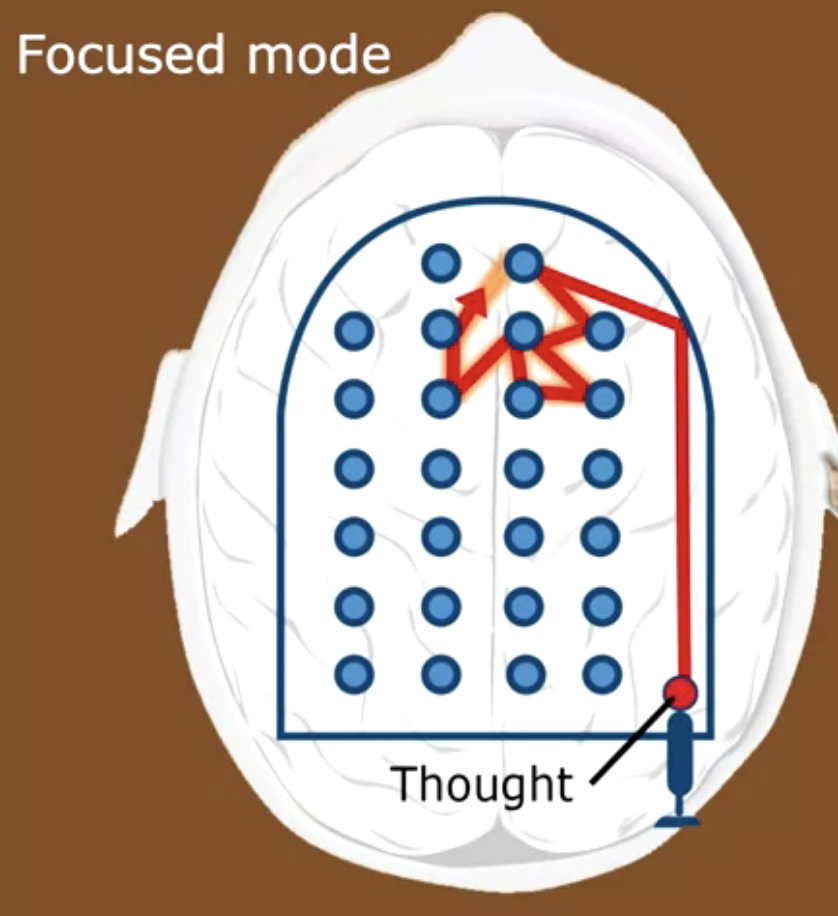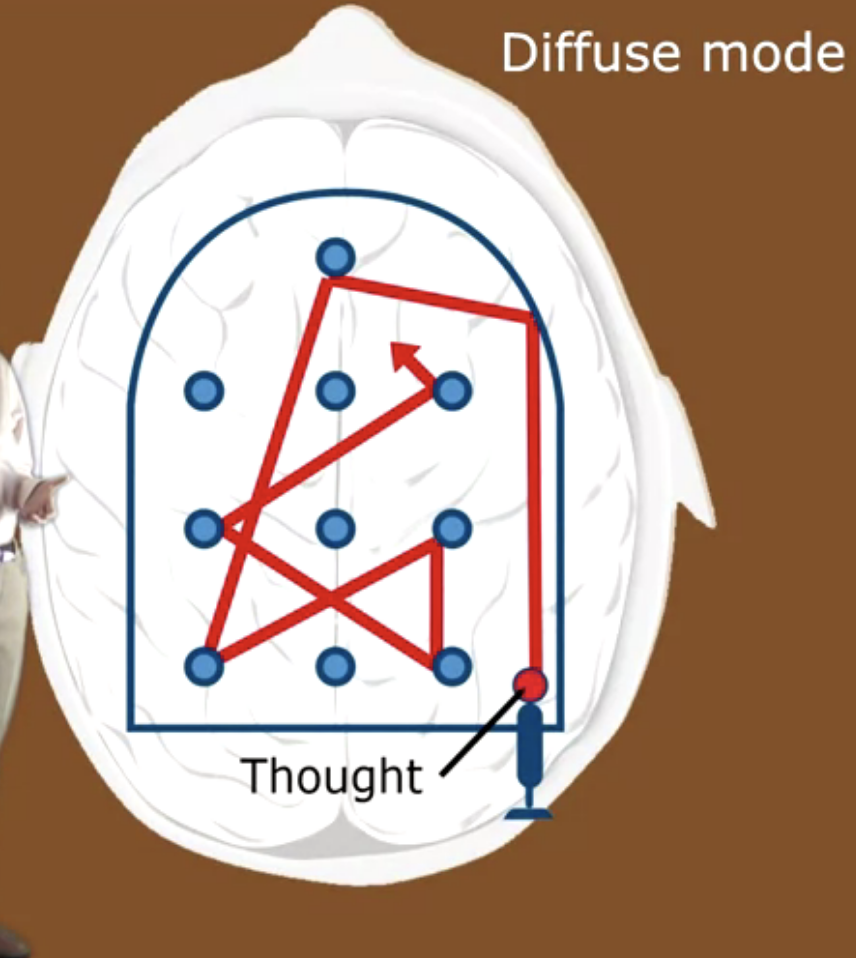Learning
Always consider the high level view of what you are analyzing first. In other words, holistically.
- ex. programming, understanding something in a different language
Reading anything that, is at once thoroughly intelligible to us may increase our store of information, but cannot improve our understanding, for our understanding was equal to them before we started. Otherwise, we would have felt the shock of puzzlement and perplexity that comes from getting in over our depth.
Active recall vs Passive study
active recall testing is far more effective at building strong memories than passive study.
- Active recall testing means being asked a question and trying to remember the answer.
- the same type of thing is happening when we learn something new and are immediately asked to explain it to others. Prior to doing this, we likely have a higher degree of confidence in our understanding than afterward, when we try to explain it to someone else. At this point, the holes in our knowledge become apparent. Holes in an understanding of something is important, because knowledge by itself just floats around, and without something to attach it to, is simply forgotten. On the other hand, once we identify these holes and then proceed to fill them in, the knowledge becomes sticky since it becomes part of a larger mesh of understanding.
- contrast with passive study, where we read, watch, or listen to something without pausing to consider if we know the answer
Learning with Mnemonics
All semantic learning (think: internalized knowledge) is mnemonic in nature as the semantic framework can make the best kind of a mnemonic framework.
mnemonic "link words/concepts" should be overly impactful. Think of how George Carlin said "every good joke needs one thing that is way out of proportion. The link word needs to be that thing so that it stands out in your memory when you are learning that language.
- mnemonics need to have strong association (read: glue), and at the very least, visual association. Even better if sound, smell and feel can be associated as well. The stonger the association, the quicker the target word can be retrieved from memory
- also, mnemonics that are more sensational will stick in the memory stronger. This is why the details of dirty jokes tend to be remembered.
The more meaningful something is, the more likely it is to stick in your brain
Exemplify the general truth that has been enunciated by the teacher by referring to a particular instance of it. To imagine a possible case is often as good as citing an actual one. If you cannot, you do not know what is being said.
your investment of time and effort should be proportional to the long term benefit that you stand to gain by focusing your attention there.
- ex. if a smart person you know sends you a 10 minute article that says helped shape who he is, you should realistically give the article a close and effortful read, since there is a higher percent chance that this material will impact you in a similar way.
When learning a new concept that is a bit arcane to you, see if you can leverage examples of things that you already understand, so that you can leverage existing knowledge.
- (When using this technique, the closer related the 2 things are, the more likely it will be a better analogy)
- ex. In learning how DNS (Private) works, we learn that it is a hierarchical system. That seems a bit abstract to me, and I don't really understand the implication. One approach to gain a deeper understanding here, is it ask myself "what other kind of hierarchical systems can I think of?". What about a file system on UNIX? Hierarchy in that context makes me think of levels. It makes me realize that there are multiple distinct stages that you can traverse, with the ability to behave differently at each level (ie. having different files/foler combination at each level). In the DNS context, I can understand the hierarchical description better. If it were a filesystem, the root directory would contain top-level domains (directories). Within each TLD, there would be domain names (also directory), and within domain names, there would be sub-domain names. Since you are leveraging knowledge that already existed in order to gain new knowledge, this is syntopic learning.
If you find yourself completely lost on a concept, ask yourself: “Do I not understand this because it is complex, or do I not understand this because I don’t understand the things that surround it?”
Focused vs Diffusive Thinking (Learning modes)
There are 2 different ways of thinking about a problem: Focused and Diffuse
- We can only be in one mode of thinking at a time
Focused mode
- Using the familiar focused mode, we can leverage the neural pathways that have already been built to recall and learn new information. This is the most familiar method
- anal. In a game of pinball, this mode would involve a lot more pins. This poses no problem if we are learning (or recalling) something in an area that we are familiar with. However, it causes problems when we want to learn something new (ie. something that takes place in the bottom left)

Diffuse mode
- Using the diffuse mode, thoughts can go much further before their progress is impeded.
- diffuse learning happens in the background when we are not even thinking about the topic at hand
- of course, to be able to think diffusively we need to first think about the topic in a focused way

- ex. Salvator Dali (a painter) used to hold a key in his hand as he drifted off to sleep so that he'd awake just before sleeping. In that state of somnolense, his mind was open to diffuse thinking, so by awaking immediately before sleeping, he was able to get access to these pathways created while drifting off to sleep.
All learning is dependent on feedback.
- The faster the feedback, the faster you can learn.
- Thus, in many domains, the individual, team, or organization with the fastest feedback cycle is the one that wins.
if we learn before napping/sleeping, we have an increased chance of dreaming about it.
- Sleeping consolidates memories into easier to grasp chunks of knowledge
There is danger in blindly trusting past experience for dealing with the future. "We should be careful to get out of an experience only the wisdom in it, and stop there; lest we be like the cat that sits down on the hot stove lid. Yes, she will never sit down on a hot lid again, but also he will never sit down on a cold one either"
Syntopical learning
- ex. "What applies in biological growth applies in economic growth"
- ex. "What applies in computer networks applies in social networks"
Elements of deliberate learning
Anders Ericsson, the man who originated the 10,000 rule would argue that deliberate practice is what mattery; the actual amount of hours more or less being just an estimate.
According to Ericsson, there are 4 Elements of deliberate practice:
- Hyper-intentionality about a specific weakness or trying to achieve a particular goal.
- Practice with complete attention (acting alone is better)
- Get feedback about what you have done, get clarity on new questions that have arisen.
- Repetition of the cycle
Focusing on the zone of Peripheral Competency
You have a zone of things you know, a zone of things you don’t know, and a zone of things that are in the periphery of your knowledge. It’s this 3rd zone you need to focus your attention on when you are expanding your knowledge in a particular field
Learning loop
- You have an action
- You reflect on it
- You build an abstraction to try and understand it in less "implementation-level" terms
Thoughts
- Regarding time spent practicing to learn a new skill, does it have an effect if you practice sporadically throughout the day vs. maybe keeping it to 1-2 practice sessions?
Philosophical
In school, you’re given the lesson first. On the street, you’re given the mistake first and then it’s up to you to find the lesson.
a mistake is simply a lesson with emotions attached to it.
“Whenever we make a mistake, we become upset. An upset is our brain's way of telling us that we need to learn something. It is a tap on our shoulder saying, ‘Pay attention. You have something important to learn. If you lie, blame, justify, or deny the upset, you waste the upset and will waste a precious gem of wisdom.’”
Enlightenment is achieved only when, in addition to knowing what an author says, you know what he means and why he says it.
Deep understanding requires that one uses one’s senses and imagination. One must observe, and remember, and construct imaginatively what cannot be observed.
UE Resources
Backlinks